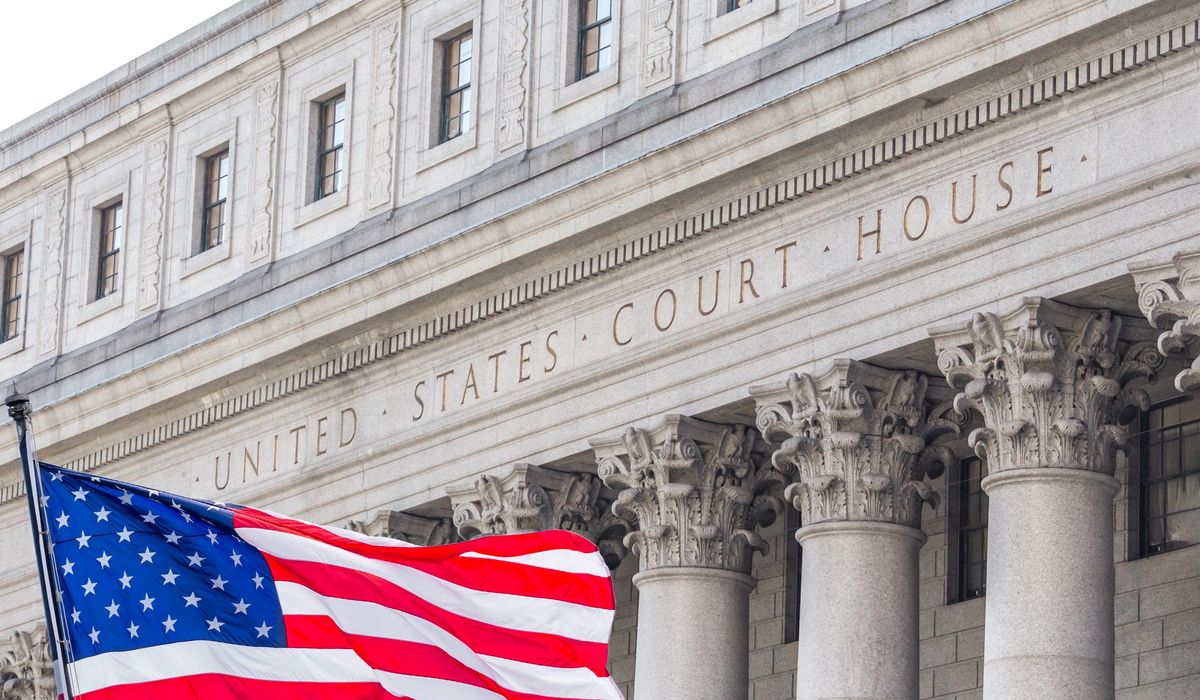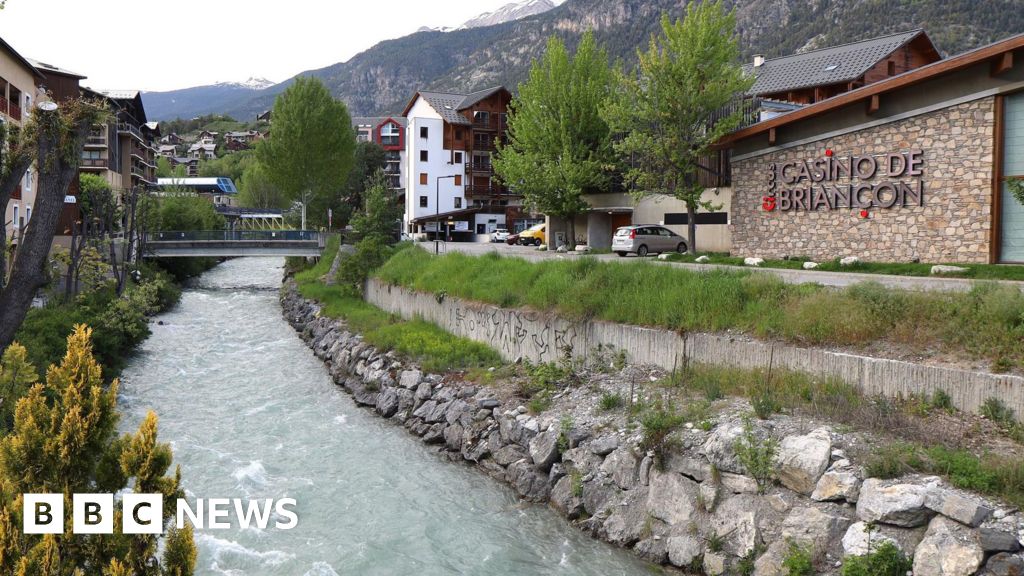ARTICLE AD BOX
Ed Martin, the interim U.S. attorney for the District of Columbia, is expanding his probe into his office’s handling of U.S. Capitol riot prosecutions, comparing it to the government’s treatment of Japanese Americans in World War II.
Mr. Martin reportedly told employees in an email that he has spoken to lawyers, judges and staff about the office’s decision to prosecute riot defendants — including President Trump — on a federal obstruction charge, news outlets reported Friday. His investigation is known as the 1512 Project.
He launched the review after the Supreme Court rejected the feds’ move, saying they were stretching an evidence tampering statute too far.
“We have contacted lawyers, staff and judges about this — and sought their feedback,” Mr. Martin wrote, ABC News reported. “One called the bi-partisan rejection of the 1512 charge the ’greatest failure of legal judgement since FDR [Franklin D. Roosevelt] and his Attorney General put American citizens of Japanese descent in prison camps — and seized their property.’ I agree and that’s why we continue to look at who ordered the 1512 and why. A lot to do.”
He was referring to Roosevelt’s order to relocate people of Japanese descent to internment camps in the wake of Japan’s 1941 attack on Pearl Harbor. In Korematsu v. United States, the Supreme Court upheld the relocations as constitutional, but the case has since been rebuked.
Mr. Martin also is looking into media leaks, according to reports.
ABC News and The New York Times reported last week that Mr. Martin is probing former President Joseph R. Biden’s preemptive pardons that were issued to his brother James Biden and his wife. The day before leaving office, Mr. Biden pardoned his siblings and other members of his family for crimes committed since 2014 through Jan. 19, 2025, a blanket pardon without specific offenses identified.
Mr. Martin’s office did not immediately respond to a request for comment about the obstruction charge probe or the review of the Biden family pardons.
In January, Mr. Martin had said the Supreme Court’s batting down of the Department of Justice’s use of the federal obstruction charge was “a great failure of our office” in his announcement of the 1512 review.
Prosecutors in the Biden administration applied a law governing obstruction of an official investigation or government proceeding to prosecute people who disrupted Congress’ counting of Electoral College votes on Jan. 6, 2021.
At issue is a section of the law written after the 2001 Enron scandal, when Congress realized there was no law against shredding documents to hide evidence from investigators. Years later, federal prosecutors applied that law, 18 U.S. Code 1512, against more than 300 defendants in the Capitol riot.
The Supreme Court, in a 6-3 ruling, rejected that claim. Justice Ketanji Brown Jackson, a Biden appointee, joined five of her GOP-appointed colleagues in ruling in favor of a Jan. 6 defendant who had challenged the prosecution.
Chief Justice John G. Roberts Jr. said the government misread the scope of the law.
“If Congress had wanted to authorize such penalties for any conduct that delays or influences a proceeding in any way, it would have said so,” the chief justice wrote.
Section 1512(c), the relevant portion of the law, reads: “Whoever corruptly — (1) alters, destroys, mutilates, or conceals a record, document, or other object, or attempts to do so, with the intent to impair the object’s integrity or availability for use in an official proceeding; or (2) otherwise obstructs, influences, or impedes any official proceeding, or attempts to do so, shall be fined under this title or imprisoned not more than 20 years, or both.”
Mr. Trump, in one of his first acts, issued pardons to about 1,500 Jan. 6 defendants.
• Stephen Dinan contributed to this report.

 3 months ago
98
3 months ago
98








 English (US) ·
English (US) ·